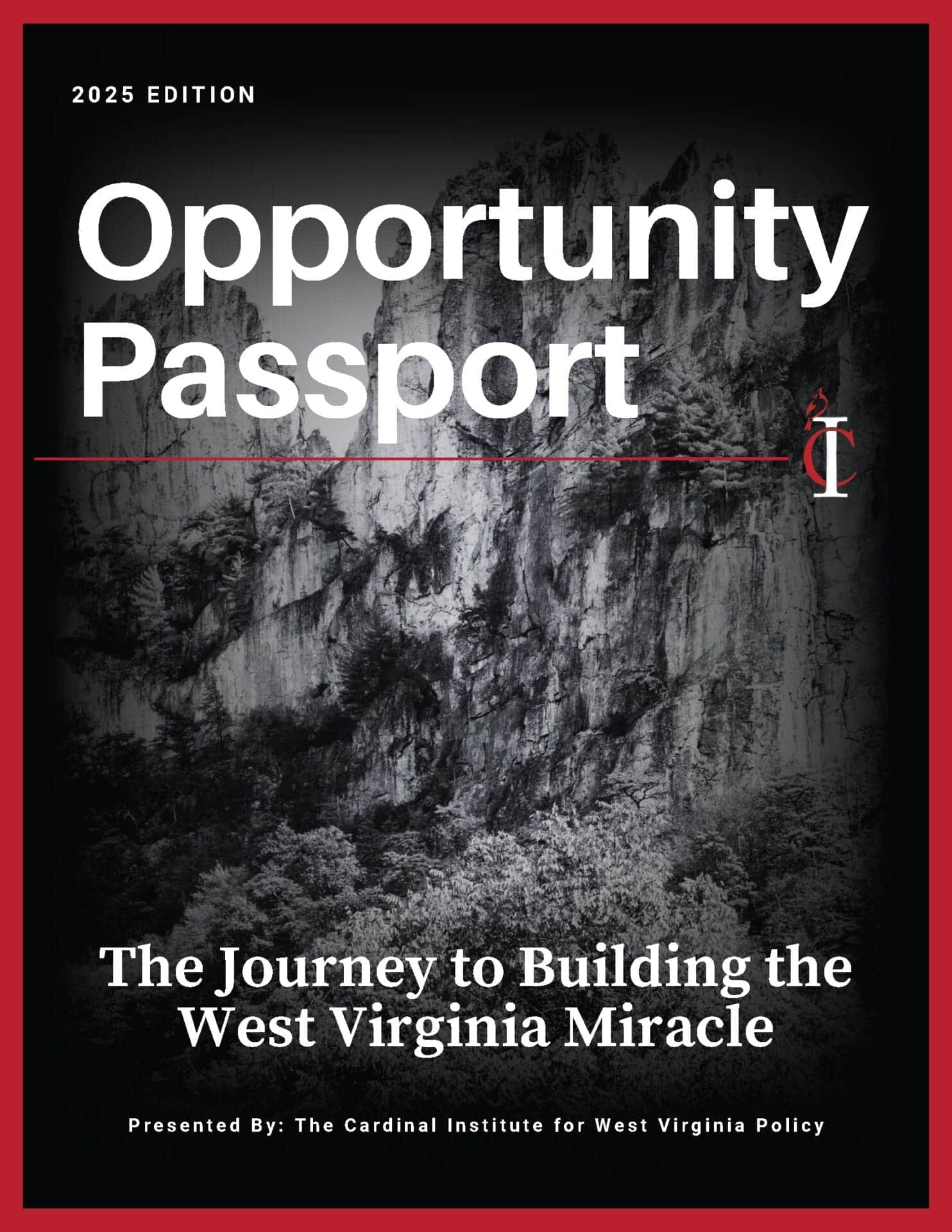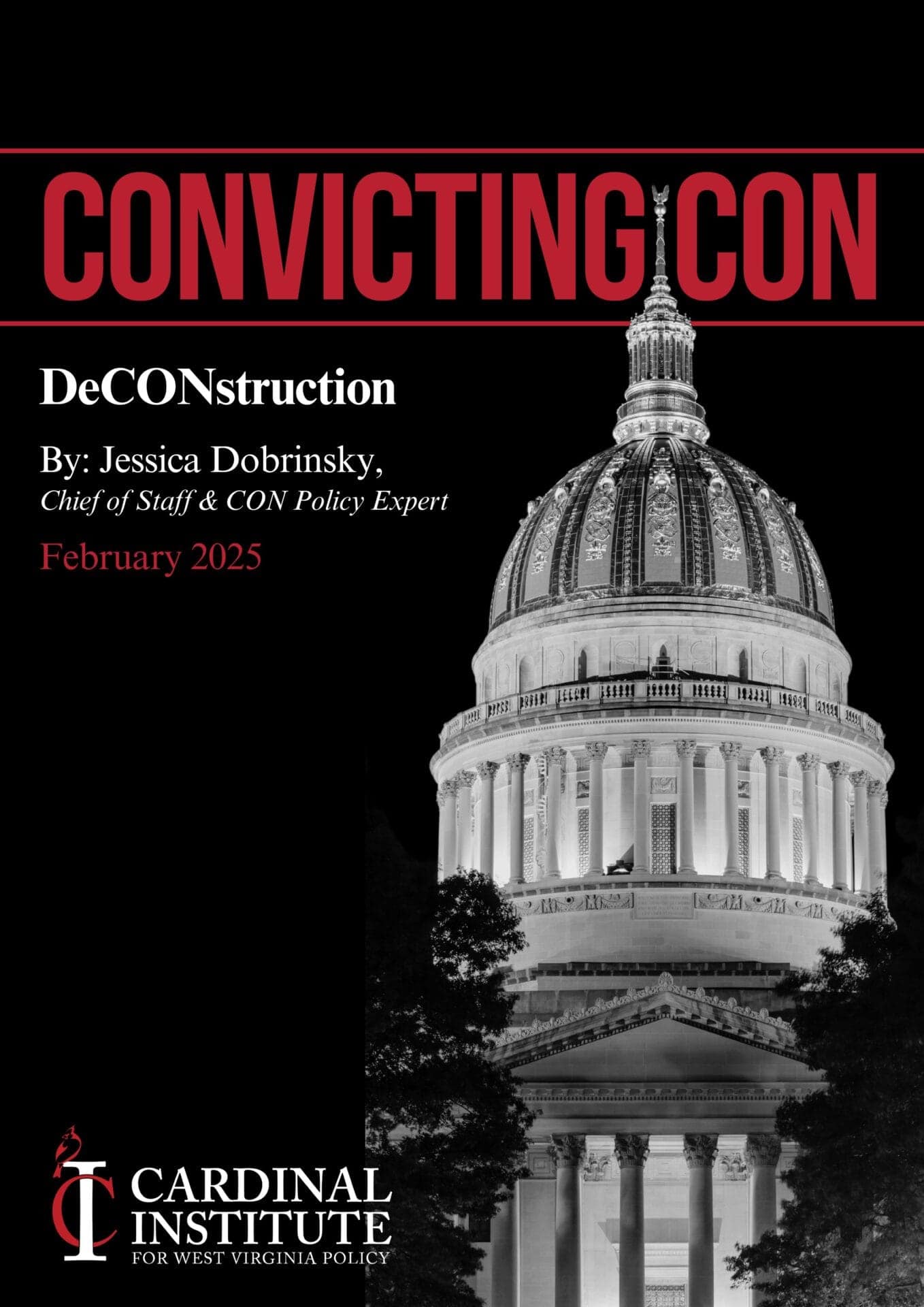Extending Foster Care Services for a Successful Adulthood Transition
West Virginia Offers Extended Foster Care Services
West Virginia is one of 26 states that allows foster care services to be extended after the age of 17 through the age of 21 for teens transitioning into adulthood. Extended foster care services include optional services for previous foster care individuals to support their transition into adulthood. These services provide a multitude of financial, emotional, and practical supports. The aim is to guide young adults through learning to live on their own and to navigate society through this critical transition.
Why Do Foster Care Youth Need Extended Services?
Foster care youth are a particularly high-risk group due to the ongoing traumas faced throughout youth and adolescence. This can leave children with physical, emotional, and behavioral struggles, poor academic performance and completion rates due to the additional stressors and load dealt with throughout their childhood, and ultimately lead to higher risk of longer-term outcomes in early adulthood such as housing instability, economic hardship, joblessness, substance abuse, and early parenthood.
Leaving foster care thrusts these young adults into a major change of independence and self-reliance. Without intervention or supplemental support, youth transitioning from foster care services into adulthood can face catastrophic consequences. This is especially true without the right channels of support and pathways to success for early adulthood. Furthermore, without the proper support and guidance, perpetuating these problems for generations to come is an imminent risk.
The National Foster Youth Institute says more than 23,000 youth age out of the foster care system each year. In West Virginia, the road to a prosperous and meaningful future for foster care youth can seem bleak and unclear. Opioid addiction, a low labor force participation rate, and limited economic opportunities are all barriers to overcome.
How Can Extended Foster Care Services Help?
Supporting this group of foster care youth can come in the form of state and privately funded programs. Extended foster care services can provide a variety of forms of aid. Sponsored transitional living arrangements, mentorship, vocational training, assisting in academic pursuits (financially and administratively), and meeting with various trauma-informed counselors are ways to aid in the overall transition of these individuals from foster care to life as independent adults. In a Joint Committee meeting on Children and Families last January 2023, it was identified there were 15,656 current and former foster children still eligible for services, but a major issue was within the implementation and accessibility of these programs and services.
Some Programs Available in West Virginia
There are many available programs in West Virginia to support foster youth. One program is foster care guardianship and extended care through the state foster care system. Re-entry and extension of adoption and guardianship rights are granted through the age of 21 in West Virginia. This extends allowances, health care eligibility, and more through the foster care system. Children must meet eligibility criteria created to establish independence throughout the extension period.
Another program, MODIFY, which is specific to West Virginia, aims to complement the efforts of current and former foster care youth toward self-sufficiency and personal responsibility. In addition, it supports the efforts of post-secondary educational attainment and creating career-oriented goals for the future. This program provides counseling, financial assistance, college preparedness training, and much more.
Unfortunately, the implementation of these services may be inhibiting much of what West Virginia currently offers. Many programs are inaccessible or difficult to enroll in. Additionally, knowledge gaps about these resources mean individuals do not fully understand what is available to them. Finding ways to obliterate these barriers to enrollment is necessary. We also must identify the opportunities and programs available and find ways to make sure these programs are readily available. It is also important to ensure foster youth fully use these programs. These are just some of the ways to overcome the challenges that plague the most vulnerable in our communities. Bringing awareness of these extended foster care services to foster experienced youth is one avenue that has seemed to fail our children. This should be a first and foremost goal for supporting our children, our state, and the future of generations to come.
Monica Moses is a Policy Fellow for the Cardinal Institute for West Virginia Policy.







